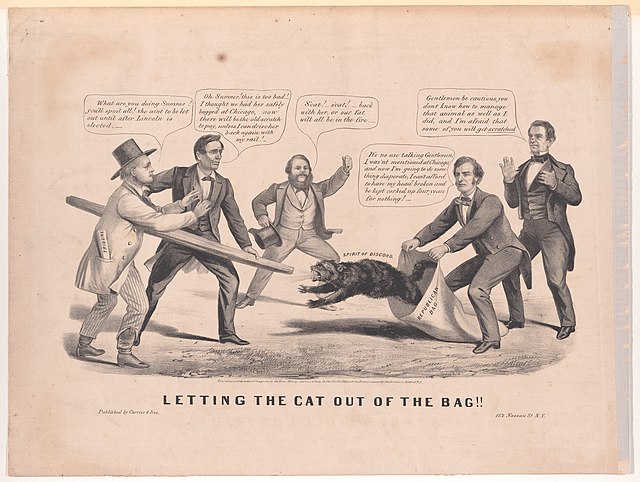
by Wilton H. Strickland
At my recent lecture to the Cascade County Bar Association, a concerned attorney in the audience asked whether outsourcing to a firm might constitute waiver of the attorney-client privilege. This is a valid question, and I likely did not give a thorough enough answer at the time.
The American Bar Association and numerous state and local bar associations have embraced legal outsourcing, as discussed elsewhere on this site. Most of the ethics opinions on the subject of outsourcing emphasize the importance of preserving client confidences with a written confidentiality agreement. Could it be that all of these opinions and protective measures are in vain? Could it be that an attorney ends up waiving the attorney-client privilege to the detriment of his or her client despite following every ethical practice to maintain confidentiality?
This appears unlikely, and I have found no court opinion holding that the privilege is waived when an attorney properly engages in legal outsourcing. To the contrary, I have found courts upholding the privilege when law firms outsource their work, even in the following circumstance where the outside business (Compulit) was a non-attorney litigation-support service:
Regarding the attorney-client privilege, neither the law firms nor Compulit can waive the privilege because it rests with the client. In Resolution Trust Corp. v. First of America Bank, 868 F. Supp. 217 (W.D. Mich. 1994), this Court held that a law firm cannot waive the attorney-client privilege by inadvertent disclosure to opposing counsel. Id. at 220. Also, for example, the attorney-client privilege is not lost where a law firm shares privileged information with its associates, legal assistants, and secretaries. See generally, Jack B. Weinstein, Margaret A. Berger, Weinstein’s Federal Evidence § 503.07[1], at 503-26 (2d ed. 1997) (attorney-client privilege protects communications made to attorney’s staff, consultants, and other agents employed in rendering services). Nor, in this Court’s judgment, would the attorney-client privilege be lost if a law firm used an outside document copy service or hired an independent document copy service to copy privileged communications. Likewise, this Court holds that a law firm does not waive its client’s privilege by contracting with an independent contractor, such as Compulit, to provide a necessary service that the law firm feels it needs in order to effectively represent its clients. Cf. United States v. Nobles, 422 U.S. 225, 237, 239-40, 95 S. Ct. 2160, 2170, 45 L. Ed. 2d 141 (holding that the work product rule protects material prepared by agents for an attorney as well as those materials prepared by the attorney himself). Therefore, to the extent that the law firms shared information with Compulit which identified the law firms’ privileged communications, that information retains its privileged character.
Compulit v. Bantech, Inc., 177 F.R.D. 410, 412 (W.D. Mich. 1997) (emphasis added).
The citation to Nobles is rather instructive because in that decision, rendered in 1975, the U.S. Supreme Court already recognized the need to extend the work-product doctrine to outside personnel who assist attorneys: “[A]ttorneys often must rely on the assistance of investigators and other agents in the compilation of materials in preparation for trial. It is therefore necessary that the doctrine protect material prepared by agents for the attorney as well as those prepared by the attorney himself.” Nobles, 422 U.S. at 238-39.
There is yet another body of case law that extends the attorney-client privilege to independent contractors of the client, especially when their purpose is to assist the client with litigation. See, e.g., In re Beiter Co., 16 F.3d 929, 937-38 (8th Cir. 1994); United States v. Graf, 610 F.3d 1148, 1158-59 (9th Cir. 2010) (citing Bieter); Royal Bahamian Ass’n v. QBE Ins. Corp., No. 10-21511-Civ-Moreno/Goodman, 2010 U.S. Dist. LEXIS 101275, at *8-*9 (S.D. Fla. Sep. 20, 2010) (citing Bieter); FTC v. GlaxoSmithKline, 294 F.3d 141, 148 (D.D.C. 2002). Given that it’s usually best to obtain client consent for outsourcing, this case law appears equally applicable to maintaining the privilege.
In view of all this, it’s difficult to identify a serious risk of waiving privilege when outsourcing in an ethical manner.
There is one notable exception: outsourcing to other countries (also known as “offshoring”). As reported widely in the news in recent years, the National Security Administration monitors international communications, even those that would ordinarily be protected by attorney-client privilege. The jury is still out on how to resolve this dilemma, so if you have a heightened sensitivity to such risks, you’re better off outsourcing domestically.
Last, there is an easy method for avoiding all such risks when outsourcing: do not share client confidences with outside personnel, but rather exchange only the rudimentary or public information necessary for the work to be performed. Truth be told, the vast majority of what I do does not require sharing client confidences, since I can prepare motions, briefs, and other submissions with information of record.


